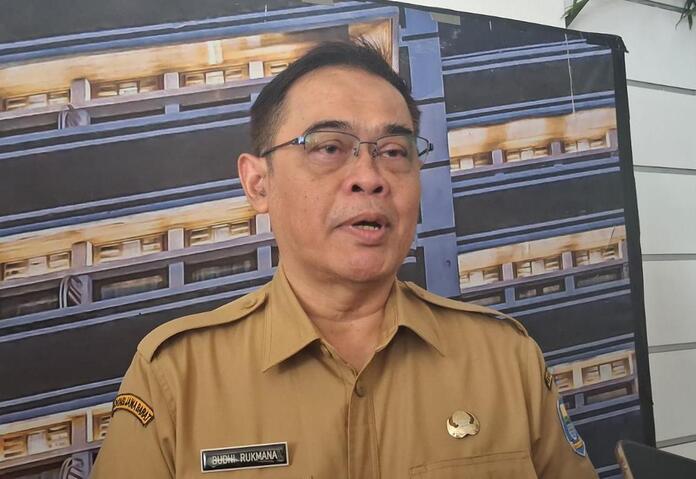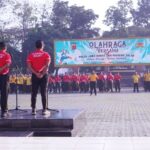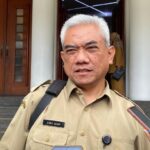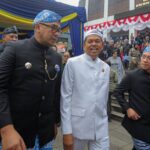BANDUNG CITY – The self-reliance in the Cibaduyut Kidul and Kopo areas serves as a real example of the growing spirit of people’s economy in Bandung City. These two regions are considered capable of moving forward without heavily relying on government assistance, instead depending on creativity, innovation, and collaboration among business actors.
The Head of the Cooperative and MSME Office of Bandung City revealed that cooperatives in both areas show positive development. They actively build business networks with actors from outside the region, such as Karawang and Cianjur, as a form of self-reliance and responsibility towards the sustainability of the cooperatives.
“They don’t just wait for government programs. Instead, those in Cibaduyut Kidul and Kopo have the initiative and creativity to develop independently. This shows a strong spirit of independence among the administrators and members,” he said during a meeting in Bandung.
According to him, cooperatives in these two areas also serve as platforms for mentoring and marketing local MSME products. Small business actors are recruited as members, while their products are sold through the cooperative network. With this pattern, cooperatives not only function as savings and loan institutions but also as drivers of economic chains that benefit all their members.
Furthermore, he assessed that the cooperative in Cibaduyut Kidul Village has taken a step further by implementing a simple digital bookkeeping system.
“They already have a financial recording system similar to bank savings. Although still simple, it is already managed digitally. This is progress that needs to be appreciated,” he explained.
He added that the dynamism of cooperatives in Bandung has become more noticeable after the opening of financing access through various bank partnership programs. However, the loan amount is still adjusted to the proposal and business feasibility of each cooperative.
“The nominal amount is still below Rp200 million, depending on the business profile and needs. And the financing provided is usually in the form of goods, not cash,” he said.
He explained, for example, a cooperative operating in the basic necessities sector would receive materials like rice or cooking oil to resell, so the capital turnover is directly measurable and directed.
He added that the sales proceeds are then managed again by the cooperative as capital for the next business cycle. This goods-based financing pattern helps maintain healthy financial circulation in the cooperative and avoids potential fund mismanagement.
Furthermore, he revealed that out of a total of 33 new cooperatives formed in Bandung City, most still face challenges in terms of capital. To address this issue, the Cooperative and MSME Office collaborates with several established large cooperatives to become partners for small cooperatives.
“We encourage partnerships, not loans. Large cooperatives allocate some funds, which are then managed by KKMP (Productive Partner Cooperative Group). The profits are shared together, creating a mutually reinforcing relationship,” he explained.
He is optimistic that this collaborative pattern will accelerate the growth of new cooperatives while strengthening community-based economic resilience. With solid partnerships, small cooperatives are expected to develop into more productive and independent entities in the future.
“This spirit of mutual cooperation and independence is the core of the cooperative movement. If the pattern seen in Cibaduyut Kidul and Kopo can be followed by other regions, then cooperatives will once again become the backbone of the Bandung community’s economy,” he said.






